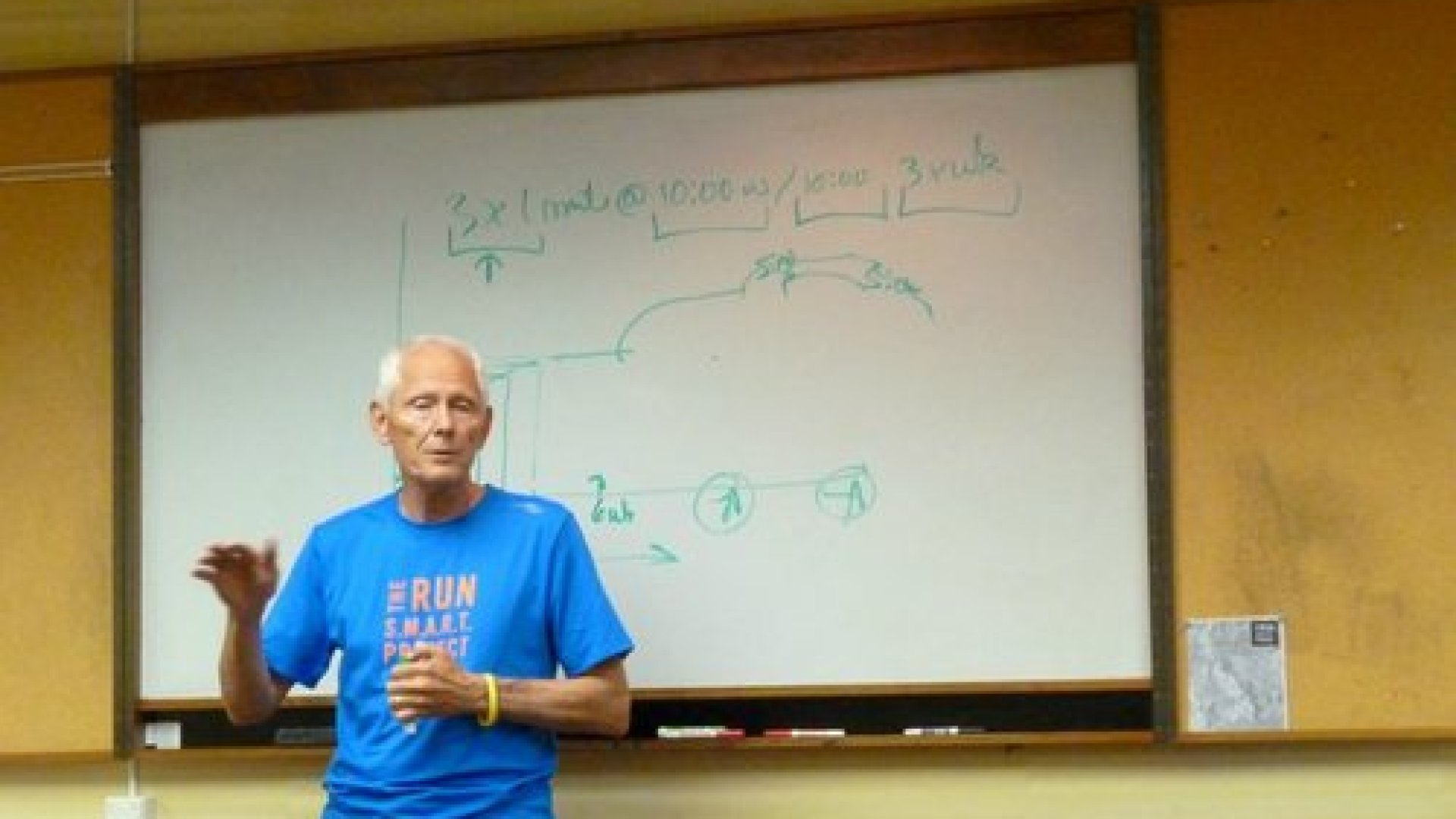How Much Does Shoe Weight Affect Performance?
By Dr. Jack Daniels
As a matter of fact I did the original research on shoe-weight factor, when I was working for Nike in the early 1980s and our research was presented at the World Congress of Sports Medicine in Vienna in the early 1980s. We found adding 100 grams to the shoe increased the aerobic demand of running by 1%. Now 100 grams is about 3.5274 ounces, so each ounce changes the cost of running about 0.2835% To continue reading, please visit: http://runsmartproject.com/coaching/2012/02/06/how-much-does-shoe-weight-affect-performance/







